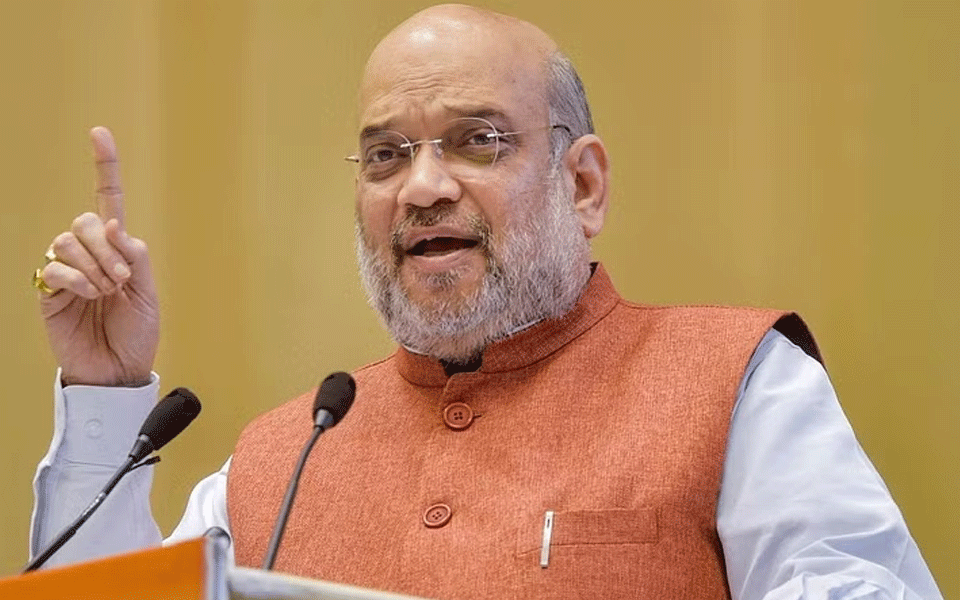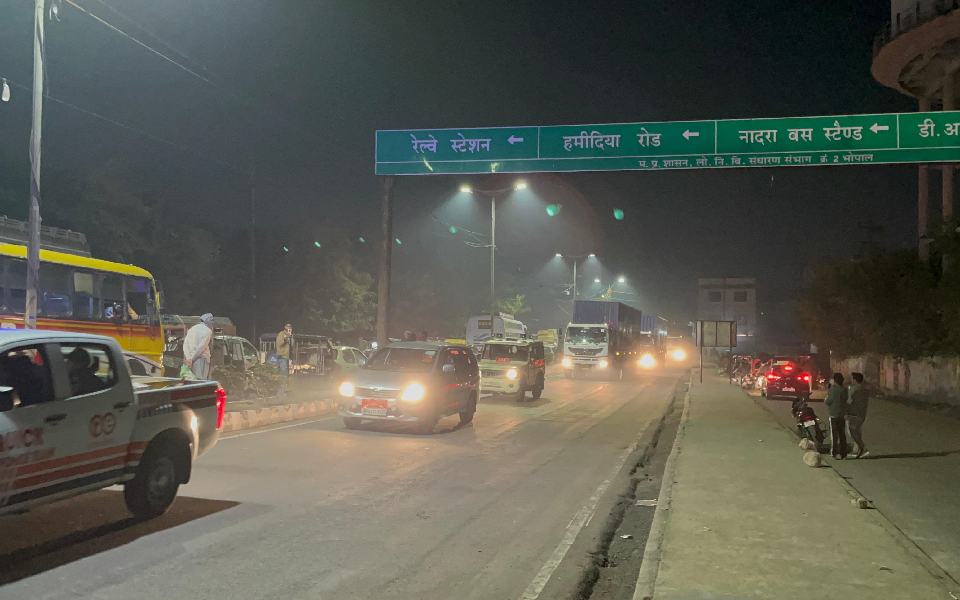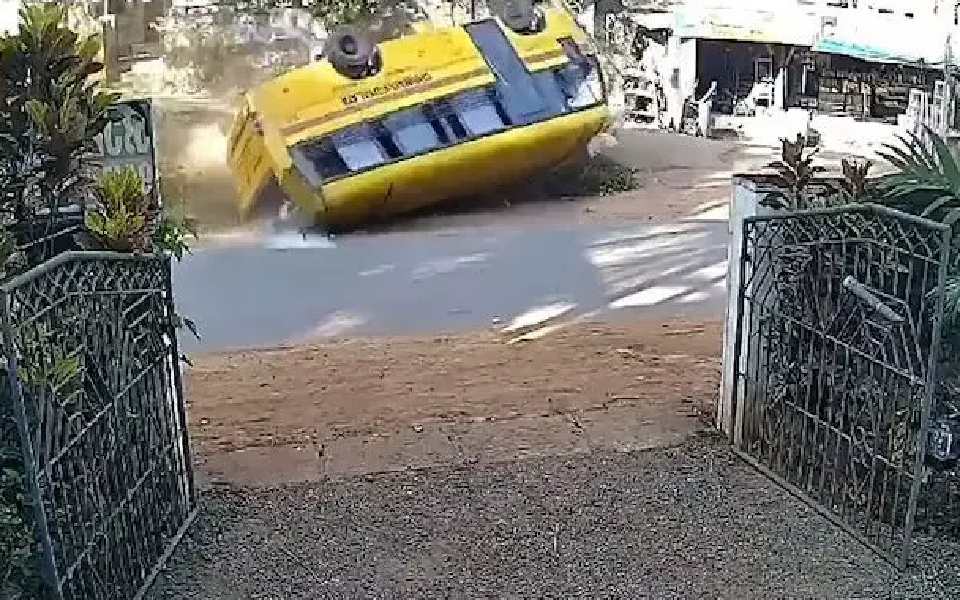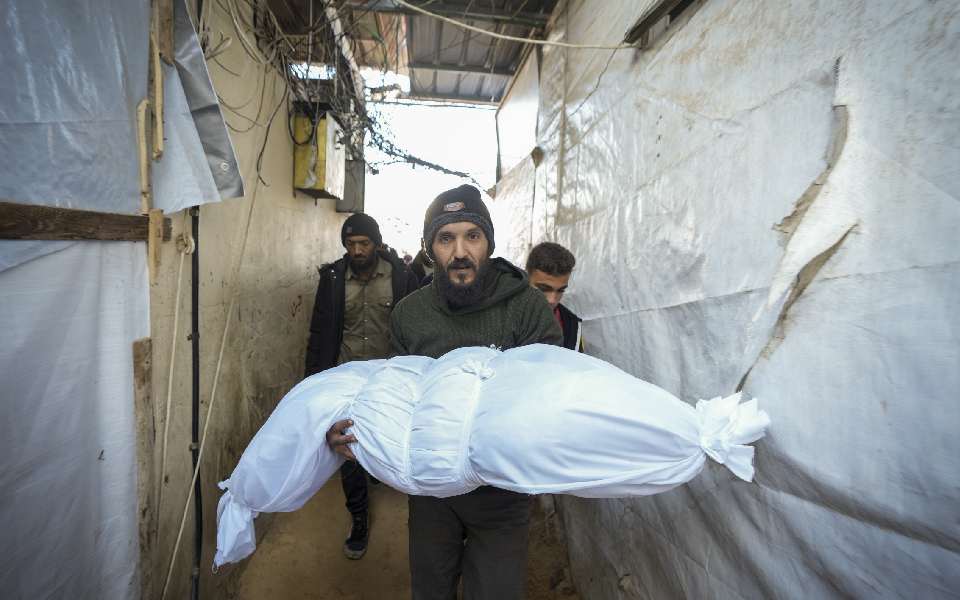New Delhi (PTI): Union Home Minister Amit Shah Friday said financing of terrorism is more dangerous than terrorism, which cannot and should not be linked to any religion, nationality or group.
He also said that terrorists are constantly finding new ways to carry out violence, radicalise youth and raise financial resources and the darknet is being used by terrorists to spread radical content and conceal their identities.
"Terrorism is, undoubtedly, the most serious threat to global peace and security. But I believe that the financing of terrorism is more dangerous than terrorism itself because the 'means and methods' of terrorism are nurtured from such funding.
"Furthermore, financing of terrorism weakens the economy of countries of the world," Shah said addressing the third 'No Money for Terror Ministerial Conference on Counter-Terrorism Financing' hosted by the Ministry of Home Affairs here.
He said, "We also recognise that the threat of terrorism cannot and should not be linked to any religion, nationality, or group".
"To confront terrorism, we have made significant progress in fortifying the security architecture, as well as the legal and financial systems," the Union home minister said.
In a veiled attack on Pakistan, Shah said there are countries that "seek to undermine or even hinder, our collective resolve to fight terrorism".
"We have seen that some countries protect and shelter terrorists, protecting a terrorist is equivalent to promoting terrorism. It will be our collective responsibility that such elements never succeed in their intentions," he said.
Let the Truth be known. If you read VB and like VB, please be a VB Supporter and Help us deliver the Truth to one and all.
Bhopal, Jan 1: Forty years after the Bhopal gas tragedy, the shifting of some 377 tons of hazardous waste began from the defunct Union Carbide factory on Wednesday night for its disposal, an official said.
The toxic waste is being shifted in 12 sealed container trucks to the Pithampur industrial area in Dhar district, 250 km away from Bhopal.
"12 container trucks carrying the waste set off on a non-stop journey around 9 pm. A green corridor has been created for the vehicles which are expected to reach Pithampur industrial area in Dhar district in seven hours," said Bhopal Gas Tragedy Relief and Rehabilitation Department Director Swatantra Kumar Singh.
He said around 100 people worked in 30-minute shifts since Sunday to pack and load the waste in trucks.
"They underwent health check-ups and were given rest every 30 minutes," he added.
Highly toxic methyl isocyanate (MIC) gas leaked from the Union Carbide pesticide factory on the intervening night of December 2-3, 1984, killing at least 5,479 people and leaving thousands with serious and long-lasting health issues. It is considered to be among the worst industrial disasters in the world.
The Madhya Pradesh High Court on December 3 rebuked authorities for not clearing the Union Carbide site in Bhopal despite directions from even the Supreme Court and set a four-week deadline to shift the waste, observing that even 40 years after the gas tragedy, authorities were in a "state of inertia".
The high court bench had warned the government of contempt proceedings if its directive was not followed.
"If everything is found to be fine, the waste will be incinerated within three months. Otherwise, it might take up to nine months," Singh told PTI on Wednesday morning.
Initially, some of the waste will be burnt at the waste disposal unit in Pithampur and the residue (ash) will be examined to find whether any harmful elements are left, Singh said.
The smoke from the incinerator will pass through special four-layer filters so that the surrounding air is not polluted, he added.
Once it is confirmed that no traces of toxic elements are left, the ash will be covered by a two-layer membrane and buried to ensure it does not come in contact with soil and water in any way.
A team of experts under the supervision of officials of the Central Pollution Control Board and State Pollution Control Board will carry out the process, Singh said.
Some local activists have claimed that 10 tons of Union Carbide waste was incinerated on a trial basis in Pithampur in 2015, after which the soil, underground water and water sources in surrounding villages became polluted.
But Singh rejected the claim, stating that the decision to dispose of the waste at Pithampur was taken only after the report of the 2015 test and all the objections were examined.
There would be no reason to worry, he said.
A large number of people had on Sunday taken out a protest march in Pithampur to oppose the disposal of Union Carbide waste in the city which has a population of about 1.75 lakh.
12 trucks carrying 337 tonnes of toxic waste from the Union Carbide factory in Bhopal, stored for 40 years, left at 9:05 p.m. for Pithampur near Indore. The waste is expected to arrive early on January 2nd, following a 250-km green corridor with heavy security.
— The Hindu (@the_hindu) January 1, 2025
📹@MehulMalpani pic.twitter.com/zU78cVRE85





